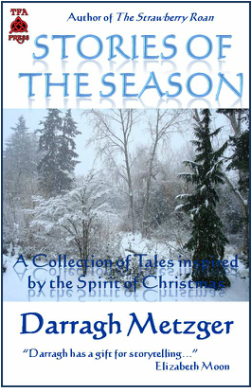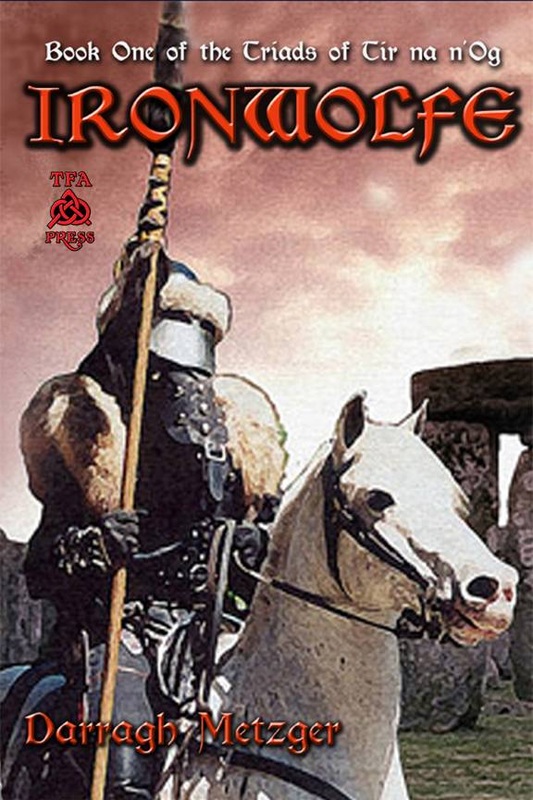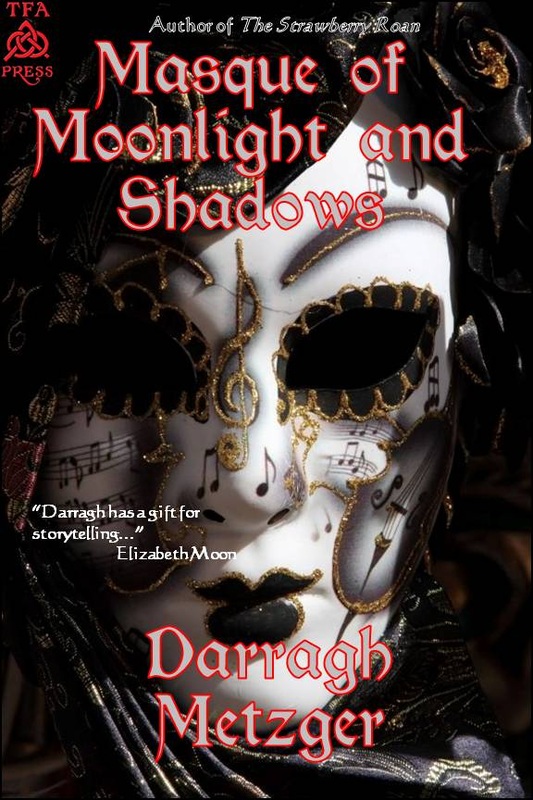Okay, I, too, am a victim of the public school education system in America today. I regularly cringe when reading through some of my older works and finding misunderstood, misused, or abused words, the correct use of which I was sadly ignorant at the time. But I keep trying to improve, working toward winnowing down the list of errors I'm likely to make every time I write. Like an ex-smoker or a reformed alcoholic encountering someone who still imbibes, I twitch when I find easily avoided mistakes in manuscripts I'm editing or critiquing. So I've made a list of some of the most common:
All right/already: It's become popular to use "alright" in recent years, but there is no such word. It's supposed to be two words: "All" and "Right", which, when used together, means that all is well or correct. It's short for "All is right with the world."
"Already" on the other hand, is a perfectly valid boiled-down contraction for "All is in readiness" or "all is ready."
Aught vs. Ought: "Aught" is used more often in historical and fantasy writing these days, but it's still a perfectly good word that means, "a quantity of no importance." For instance, when that demure heroine of yours states, "Aught may be done to mend matters, sir; your apology is useless."
"Ought" on the other hand, is still widely in use, and expresses a duty or a necessary action: "You ought to apologize to her." "I ought to get the butter out to soften."
A while vs. awhile: I'm one of those Neanderthals that insist that "awhile" is not a word. After all, you can say, "A long while later…" or "After a little while…" but you can't say "a little awhile later…" There are those who disagree, and insist that "awhile" can be used to indicate a short period of time. But I still say "awhile" is not a word. Use "a while."
Farther vs. Further: Contrary to popular belief, farther and further are not really interchangeable. I know; I was surprised to find that out myself when an editor nailed me for it years ago. Farther refers to matters of distance: "The bottom of the ravine was farther than he'd imagined; he gulped and backed away from the edge." "I've gone farther down this road than I intended."
Further refers to a matter of degree. "Further action is necessary to repair the damage."
All right, sometimes they can indeed be used interchangeably, such as when your demure heroine warns your hero, "Go no further", which can refer to both distance and degree at once. But after all, you wouldn't have someone say, "That's fur enough" unless they were speaking in dialect, even if they are referring to a matter of degree rather than distance.
Lie/Lay/Laid/Lain: During one of my period bouts of insomnia, I once entertained myself by coming up with a mnemonic rhyme for the correct usage:
The insomniac gave a long sigh through his nose.
"If I lie down now I may sleep, I suppose."
He lay on his bed for a time, reading prose,
laid his head on the pillow in attempted repose.
When he'd lain there an hour, he gave up and rose.
Hey, at 4:30am, it was funny. Anyway, it does not address the present tense use of "lay" referring to an object: "Lay the fork on the table." But feel free to steal it if it works for you.
That vs. Which: The full explanation for this is kind of long and complicated, but the correct usage is not. If removing words would change the meaning of the sentence, use "that." If not, use "which". Here are two examples:
- Horses that are healthy and well-kept smell wonderful.
- Horses, which can easily weigh 1200 lbs, are too large to sit in your lap.
I recommend reading the fuller, far more erudite explanations offered at the Writers Digest site: http://www.writersdigest.com/online-editor/which-vs-that
Or at Grammar Girl: http://www.quickanddirtytips.com/education/grammar/which-versus-that-0?page=all.
I could go on. But why? The point is: English is a wonderful language, filled with ways to trip yourself up. We use this wonderful, rich, endlessly varied tool to communicate, to tell stories, to enrich the lives of ourselves and others. So, why not try to use it as correctly as possible? If you find yourself hesitating or uncertain about how to use a word, hey—look it up! These days, it takes virtually no effort to look up something on the internet, and wonderful sites with examples, explanations, and everything else you need, are everywhere. Happy writing!
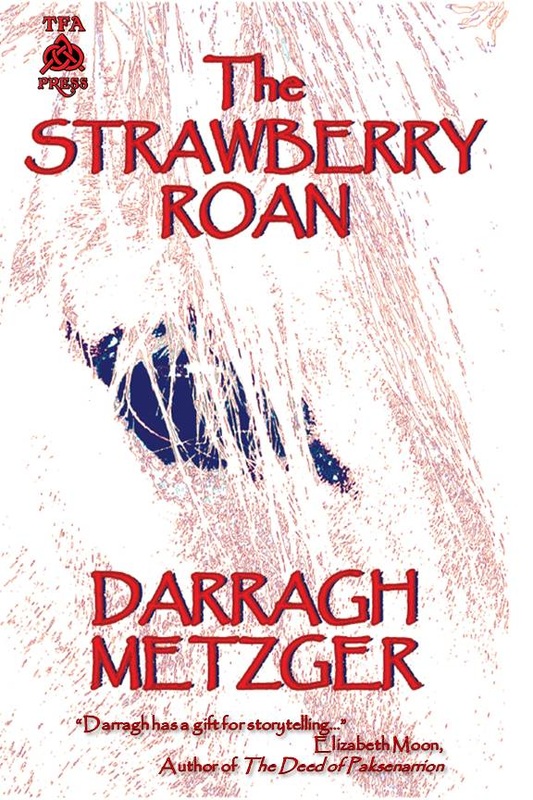
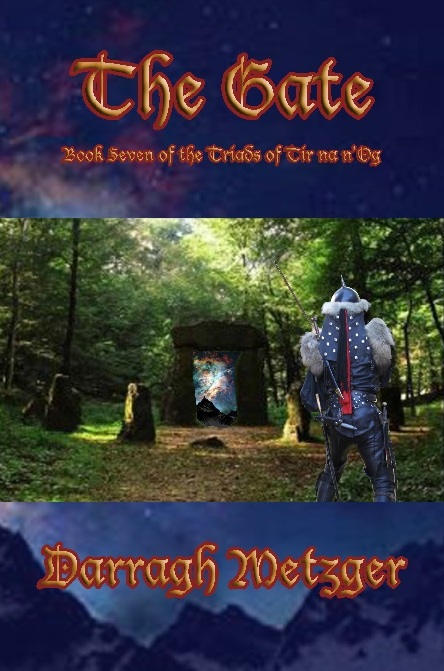
 RSS Feed
RSS Feed
